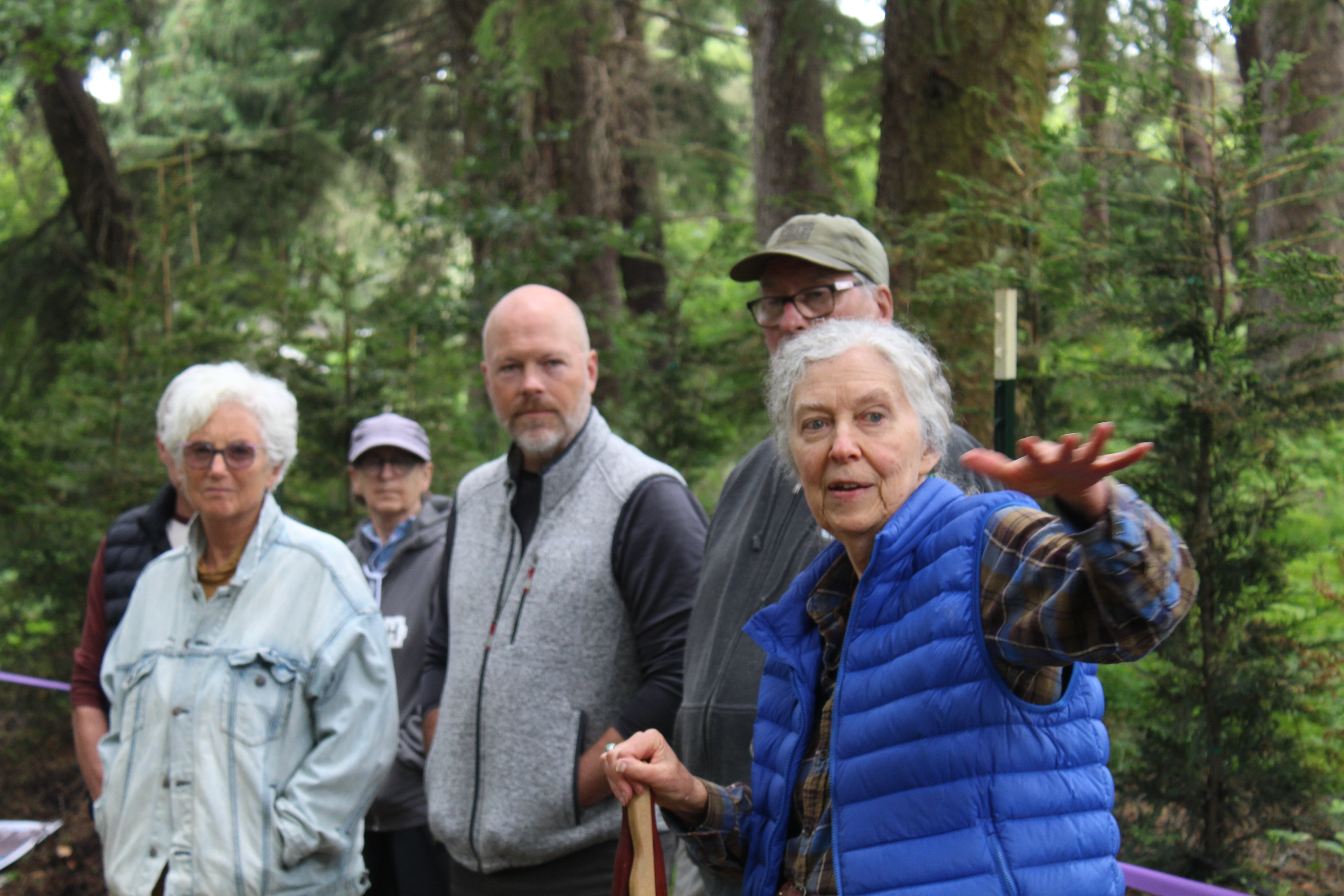Behind the News: ‘Getting people treated is what we want’
Published 12:30 am Saturday, March 23, 2024

- Matt Phillips is the Clatsop County sheriff.
Last fall, Sheriff Matt Phillips, District Attorney Ron Brown and the Clatsop County Board of Commissioners pushed for the repeal of Measure 110, the landmark Oregon law that decriminalized the possession of small amounts of illicit drugs.
Trending
“Decriminalization has reduced the deterrent effect of drug laws and sends a permissive message about drug use to children and adults alike, making it more likely that people use drugs,” a county resolution approved in November stated.
After public opinion polls showed Oregonians had soured on Measure 110, and amid the threat of ballot initiatives in November to dismantle the law, the state Legislature agreed to make drug possession a misdemeanor again.
A key provision of the legislation involves deflection programs to steer people who could be charged with drug possession into treatment.
Trending
Law enforcement will play an important role in determining whether the deflection programs work. One obvious obstacle is that many rural counties, including Clatsop County, have few drug treatment options.
“I think that getting people treated is what we want. Changing behavior is what we want,” said Phillips, who is unopposed for reelection this year.
Phillips, who was born and raised in Clatsop County, has served with the sheriff’s office for over two decades. The former jail commander was appointed interim sheriff in 2019 and was unopposed for election in 2020.
In an interview, Phillips talked about his priorities for the next four years, the state’s recriminalization of drug possession and the projected loss of timber revenue from the state’s habitat conservation plan.
Q: Four years ago, after you were appointed sheriff, I asked you about the most pressing issue facing the sheriff’s office. You said it was the public’s perception and trust in law enforcement nationwide. What’s your answer today?
A: I feel like the tides have turned and that we are again seeing increased support for law enforcement nationwide.
I also feel that, locally, law enforcement agencies always maintained trust within the community, and that we’ve continued to work really hard to continue to build and maintain that trust.
Q: What do you see as the biggest accomplishment at the sheriff’s office in your first term?
A: We opened the new jail, and that was something that we’re all very proud of.
And, with that, more important than just the facility itself, is the programs that we’ve been able to implement.
We have medication-assisted treatment within the facility now. We have clinicians working in the facility to provide that drug and alcohol counseling and treatment.
And we work closely with CBH (Clatsop Behavioral Healthcare) so that we can coordinate the handoff for when someone is released from the jail, whether it’s for substance abuse issues or for mental health issues.
Q: What is your priority for the next four years?
A: One of the things that we really want to focus on in the next four years is stable and secure funding for law enforcement services. We’re also trying to envision some ways to support our rural fire departments, because they are disproportionally impacted and they don’t have much funding. They’re really part of the bigger public safety picture.
The next big project — I’m working on trying to secure funding to improve the public safety radio infrastructure.
We had our first meeting this morning on developing the deflection program.
We want to continue with employee professional development.
We’re also looking to expand our use of technology. We’re going to start a drone program. We’re also looking at expanding technology using license-plate readers.
We’re working on getting a new computer-aided dispatch and records management system. And I was able to, working with some colleagues at the state level, secure funding so that that could be purchased for every agency in the county. So that was pretty cool.
Q: You and other county leaders called for the repeal of Measure 110, which decriminalized the possession of small amounts of illicit drugs into essentially a traffic ticket. The state Legislature has agreed to make drug possession a misdemeanor again. Under Measure 110, law enforcement issued 109 citations in Clatsop County through February. I know police and sheriff’s deputies were not aggressive about issuing citations because many thought the law didn’t work, but how would making those 109 cases misdemeanors make a difference in discouraging drug abuse?
A: Under House Bill 4002, we’ll have a couple levers we can pull.
The first would be the deflection program, where people will have the opportunity to engage in treatment and to not have any kind of criminal action taken against them. But if they are unsuccessful or not good candidates for that, we will have the authority of the courts to help steer people into treatment.
I think that getting people treated is what we want. Changing behavior is what we want.
And if the individuals are able to successfully complete their treatment — even if it’s court ordered or supervised — they’ll still have the opportunity to have that record expunged.
Q: You have been vocal about the potential financial impact on our county of a habitat conservation plan by the Oregon Department of Forestry. The county and local taxing districts could lose more than $8 million a year from a reduction in timber harvests on state forestland. What do you see as the impact on law enforcement?
A: I think that that’s going to be determined. And it will partially be decided on what other revenues we are able to develop — if we are able to.
We know that we’re talking about 10% of the county’s discretionary revenue, so that’s what it comes down to for Clatsop County, not, like, everyone else (other local taxing districts), but just the entity.
So that will put tremendous pressure on the general fund.
At this point, there is no point at shaking our fists at the sky about what could have been. It’s time to accept, and we’ll just manage our way through this.
Q: The habitat conservation plan has been under discussion for more than five years. In hindsight, should the county have made some policy or spending adjustments earlier rather than focus on opposing the plan at the state level?
A: I think that our county has been very fiscally responsible — I mean, consistently, for years.
We do have a glide path for awhile with the reserves that we have, and so, now that we know this is a reality, we’re going to just work our way through this situation.









